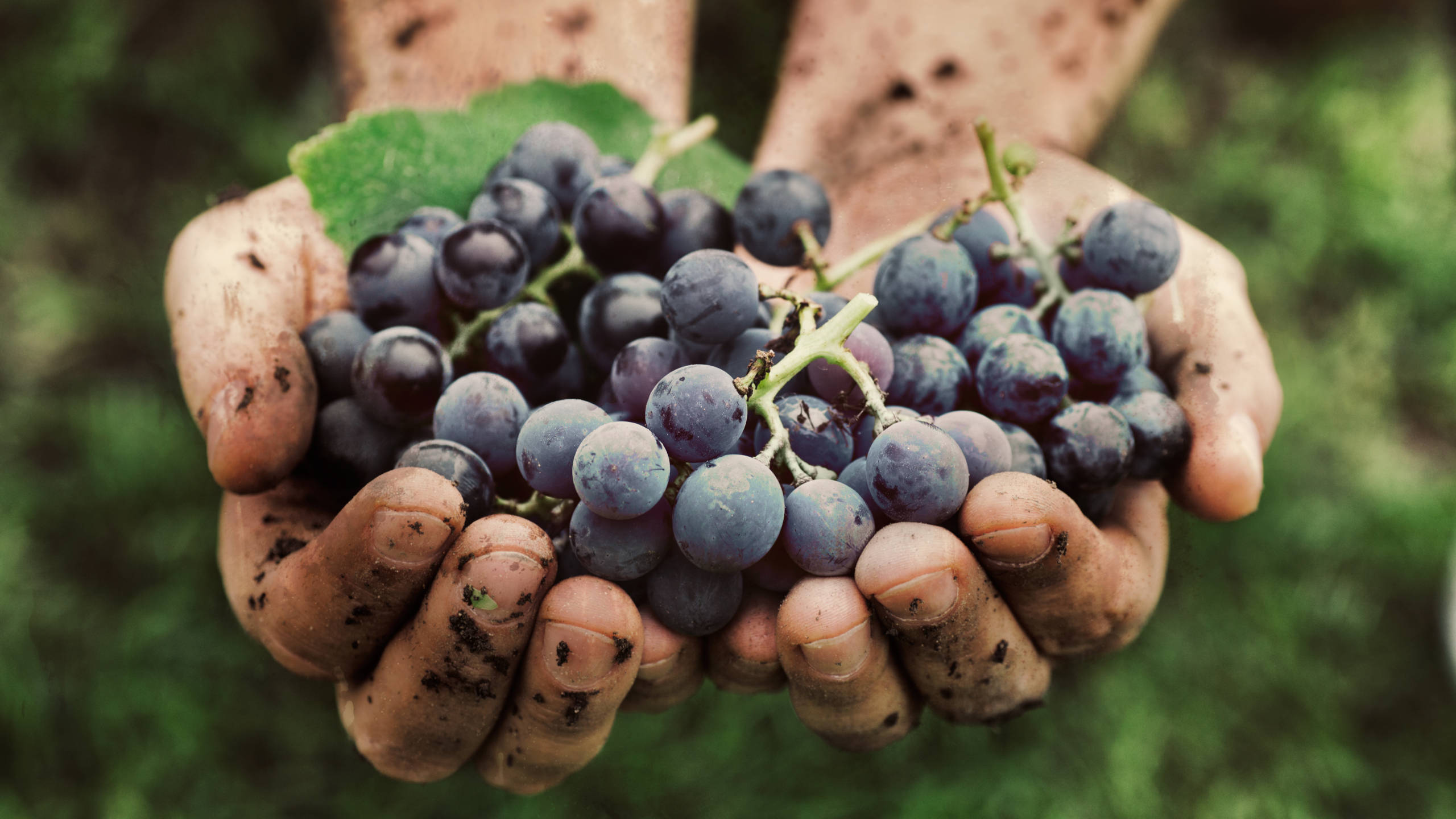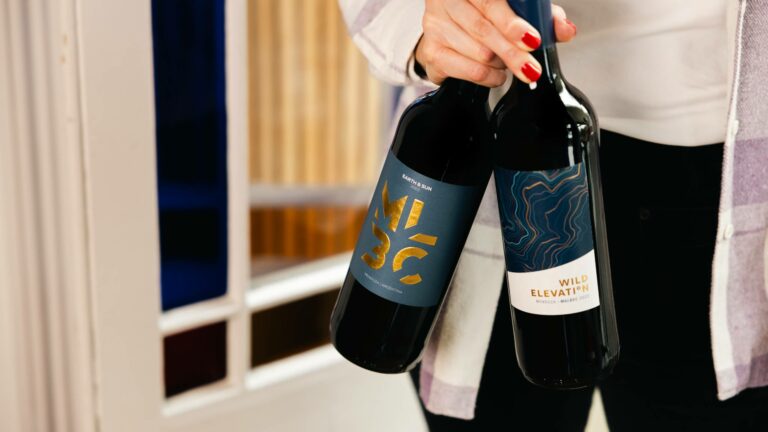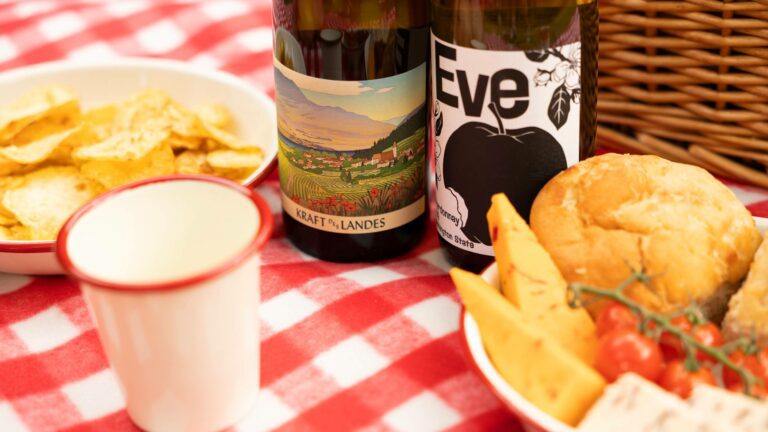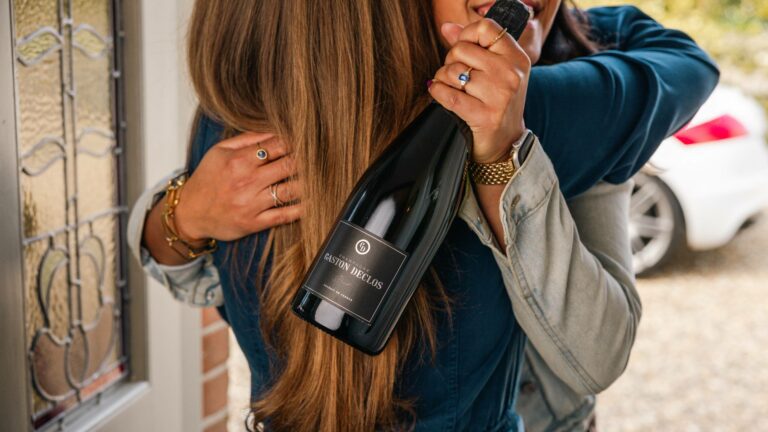Organic wine is a relatively new and upcoming trend loved by plenty of consumers across the globe. With a growing number of organic wines available in the marketplace, it’s no surprise that total worldwide sales rose by a substantial 24% in 2017.
As global populations adopt a greater social conscience, particularly around our health and the environment, knowing where our food comes from and the impact it has on the planet will continue to become increasingly important. Hence the world has seen growing demand for artisan organic produce, along with many people adopting greener lifestyles.

What is Organic Wine?
The definition of organic wine changes from country to country. What makes a wine organic in South America isn’t necessarily the same as in Europe. However generally speaking, for a wine to be called organic it must not have any chemical pesticides, herbicides, fungicides or fertilizers, and have very limited levels of sulphites.
To find out more about the specifics, please visit our organic wine guide.
Where Did it All Start?
Humans have been producing wine for thousands of years, and all wines were organic right up until the nineteenth century when chemical fertilizers and pesticides were introduced to agricultural farming. It wasn’t until the 1970s, around 100 years later, that organic wine gained any meaningful recognition, albeit on a relatively tiny scale across Europe and the United States.
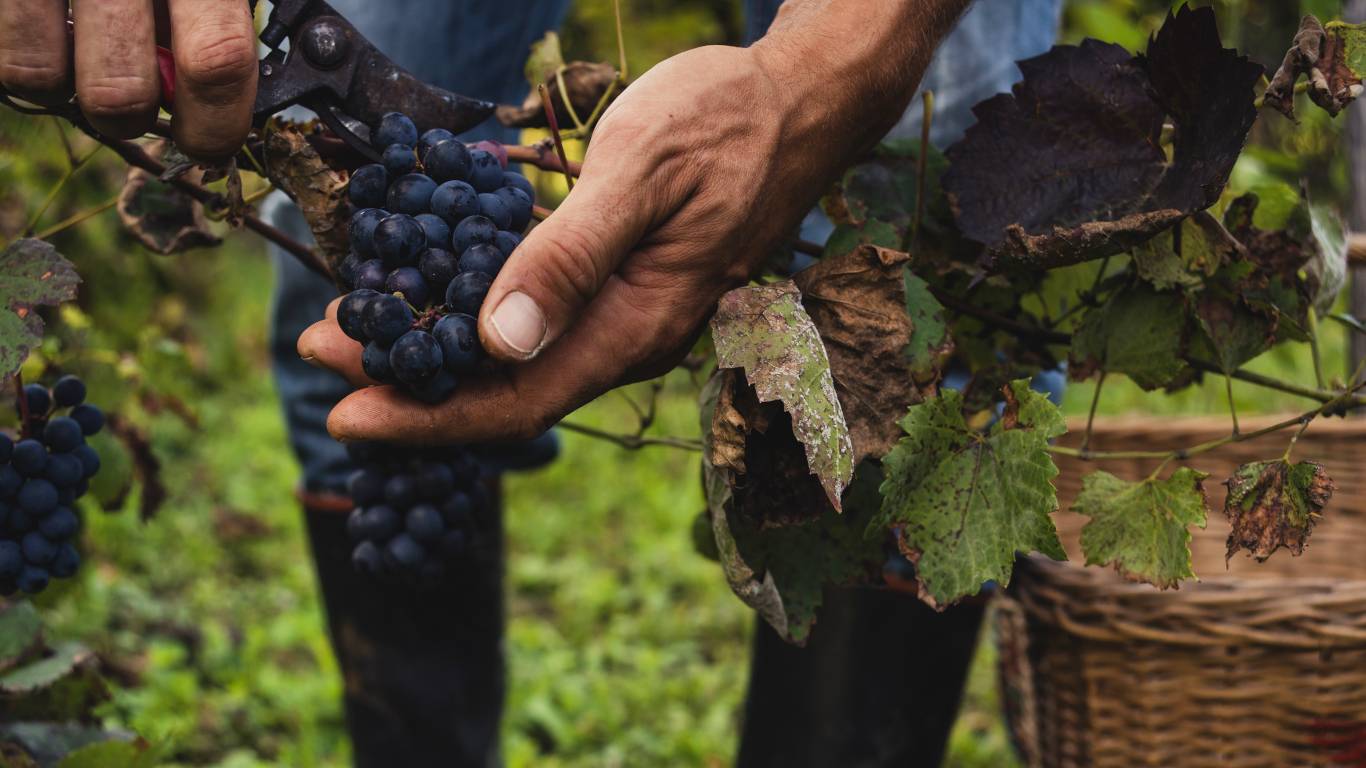
Factors including uncertainty around regulation and risk of disease with unfertilised crops seemed to put the brakes on. It wasn’t until 2002 and 2012 respectively that the USA and European Union officially classified what constituted an organic wine, providing clear rules and certification. Many new world countries have followed suit, and in the decades since, organic wine has steadily grown to a 5% total share of the global market, somewhat of a renaissance since the turn of the millennium.
Is Organic Wine Something I Should Try?
Absolutely. We work with many superb wineries that produce incredible and affordable organic wines. These include Levin Wines and award-winning winemaker, Alvaro Espinosa. Dave Roberts, one of our superstar winebuyers, has selected his favourite organic bottles below:
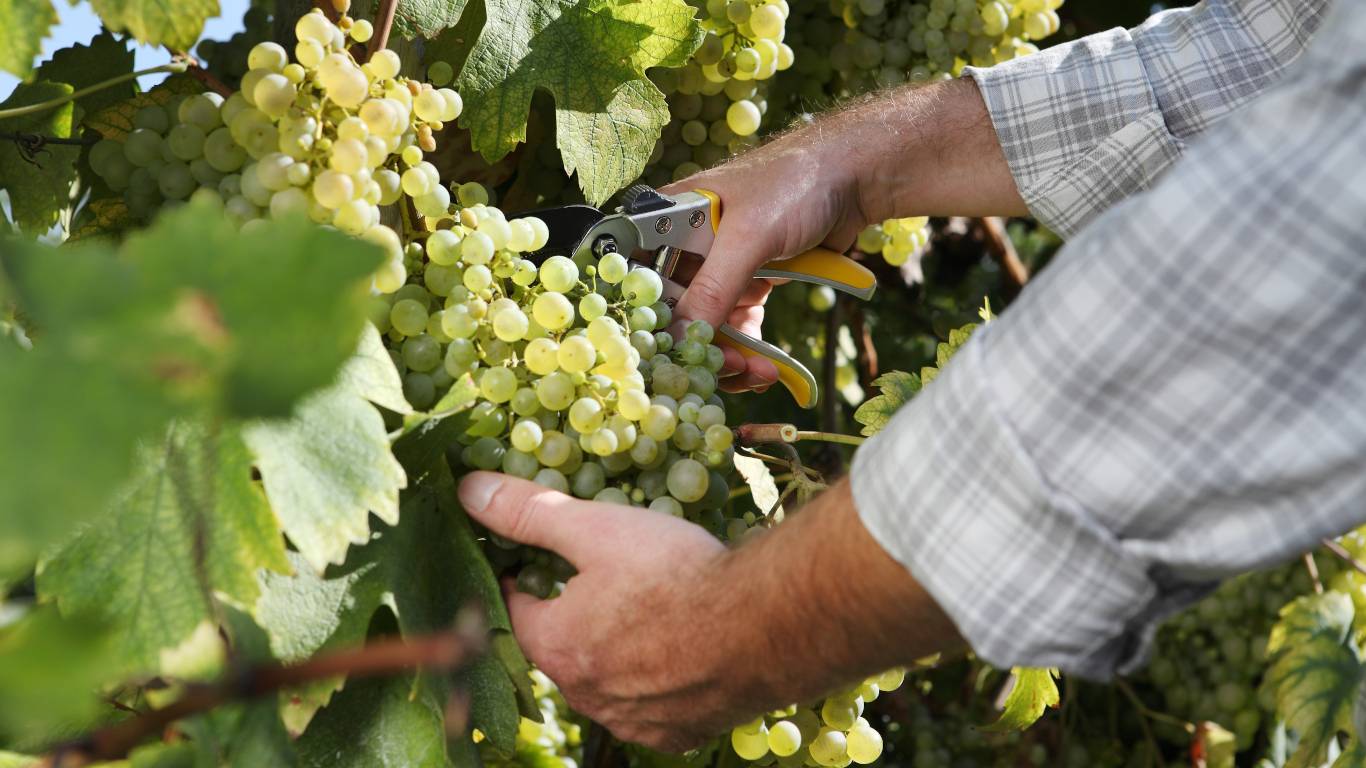
Natural Wines and Biodynamic Wines
Organic wine isn’t the only trending term used in the world of wine today. You may also have heard of natural and biodynamic wine, but what makes them different?
Natural wine has nothing added or taken away from it – one step further from organic wine. Biodynamic wine involves the use of astronomical calendars to determine when to plant and pick grapes, and can often be far more of a spiritual process involving ancient traditions and practices. Whilst natural wine will always be organic, biodynamic may not (albeit still very likely to be organic).

